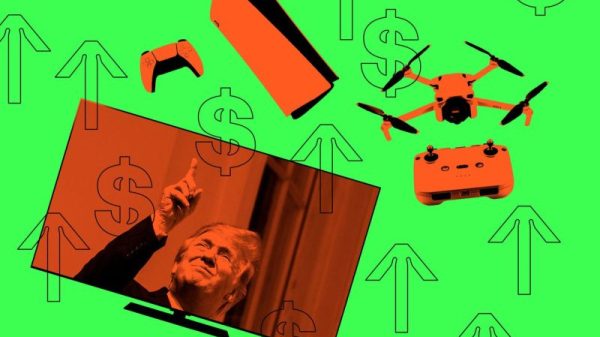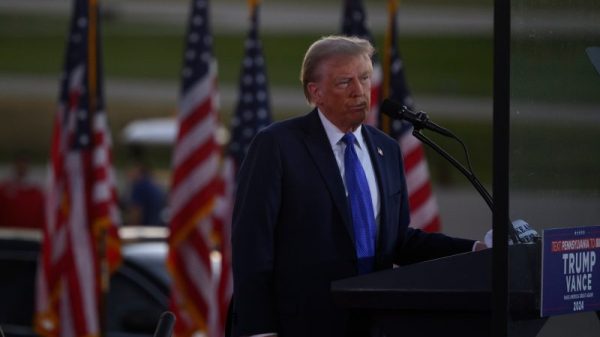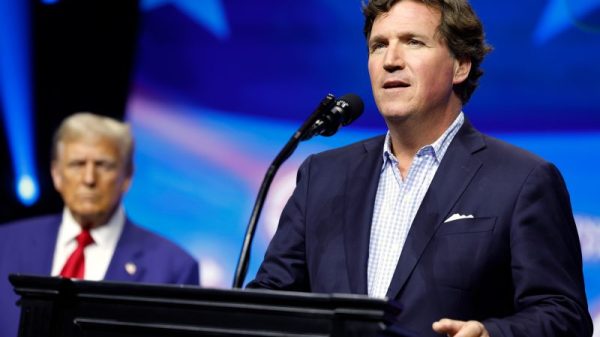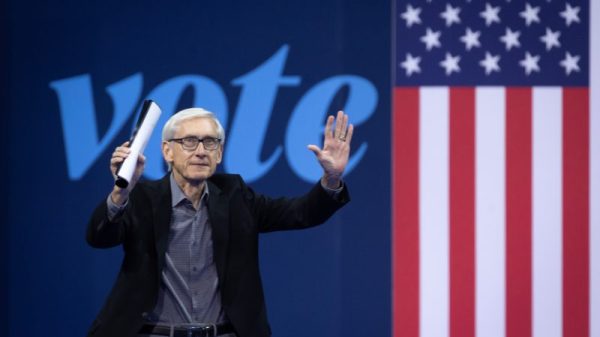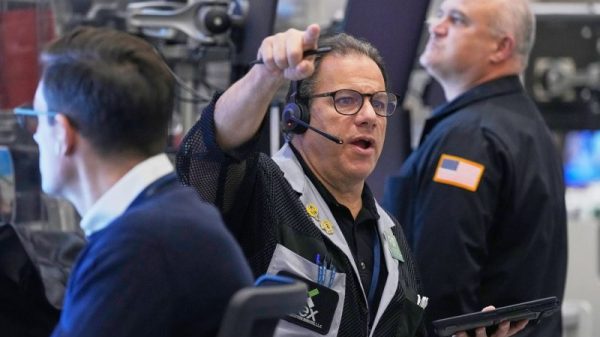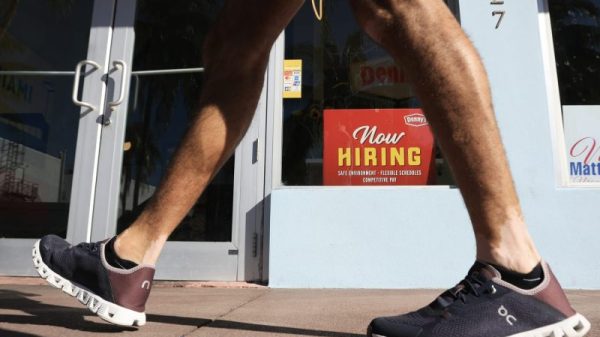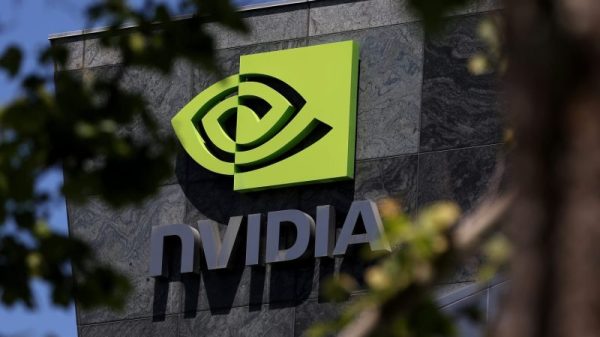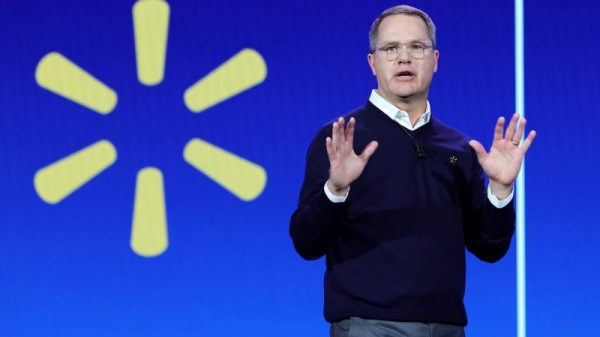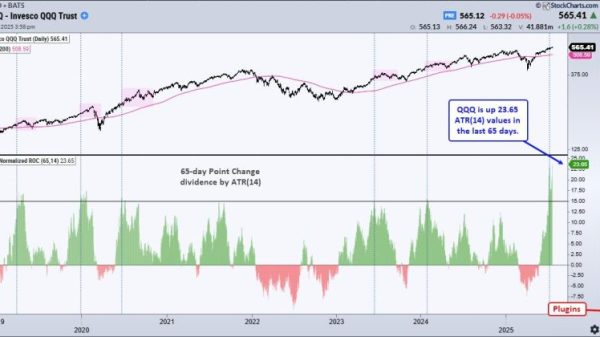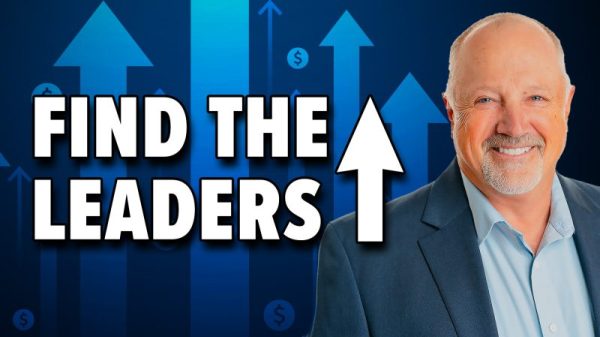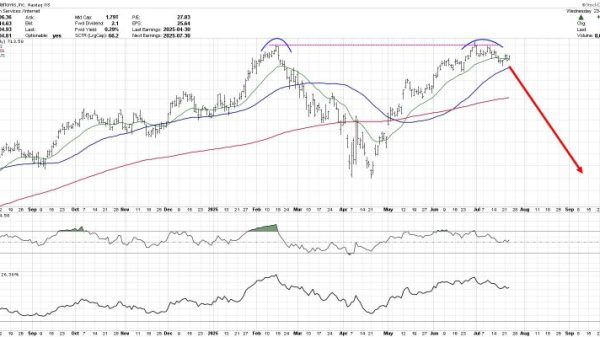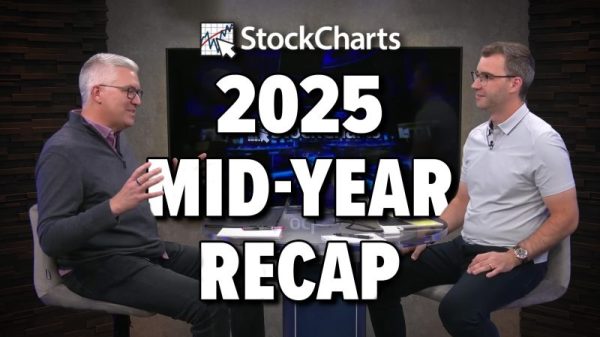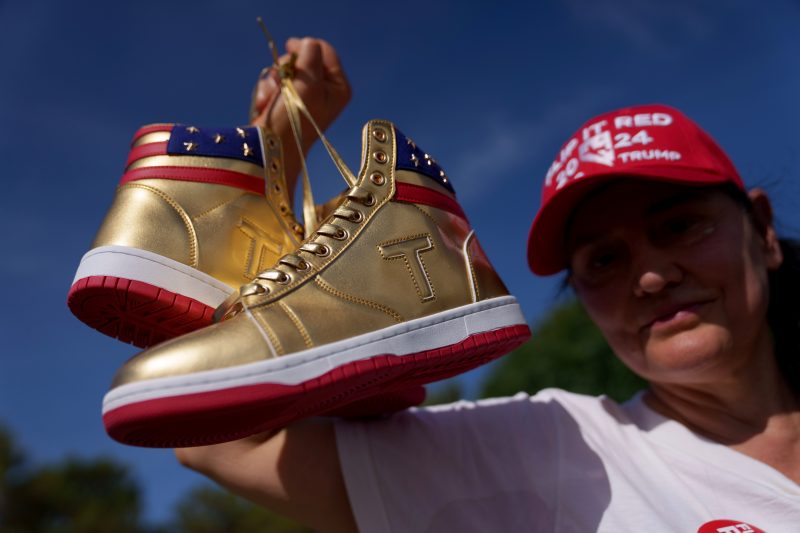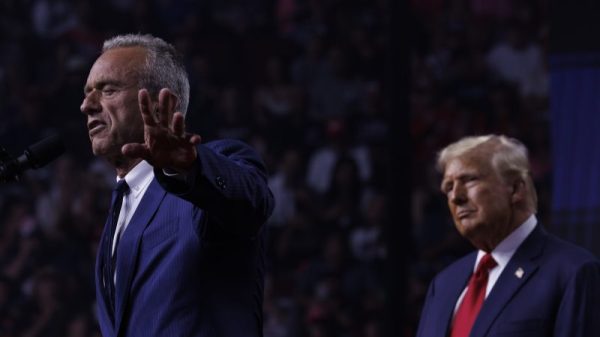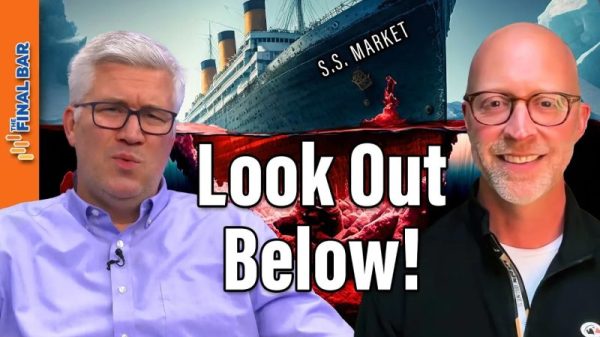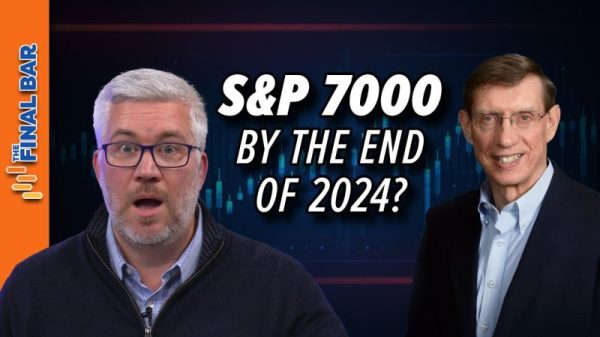On the lengthy menu of unusual aspects to Donald Trump’s 2024 presidential campaign, one item stands out: his consistent and diverse efforts to sell things to his supporters.
All presidential candidates make pitches to their supporters, of course, often to the point of irritation. But those appeals are generally centered on efforts to get campaign contributions, money that the campaigns can then spend on getting the candidate elected. But while Trump’s campaign is making those sorts of appeals, the candidate himself is also spending time and energy selling other things for his own account: sneakers, digital images, Bibles, some sort of crypto something or other.
This is unusual for a presidential candidate but not really surprising for Trump, who has spent a lot longer trying to make money by putting his name on stuff than he has been a Republican. There’s a distinct farewell-tour vibe to his third consecutive presidential campaign, from a not-politically-useful campaign event at Madison Square Garden on Oct. 27 to the seeming everything-must-go effort to unload a wide array of Trump-branded items.
All well and good for Trump, but not that great for his campaign.
The New York Times looked at the “creative bookkeeping” it said the campaign was undertaking to expand its relatively modest coffers. That phrase is a fraught one. Earlier this year Trump was convicted on 34 felony counts in New York for using “creative bookkeeping,” if you will: creative bookkeeping specifically centered on hiding money that was spent to boost his 2016 campaign. That is one way to run a low-cost presidential campaign: skirt the laws around transparency.
Another is to outsource campaign functions. Trump’s team has done this in some obvious ways, including tasking outside groups with running his turnout efforts. But the effort goes well beyond that, with the Times noting that his campaign had only 11 employees on its payroll in August, the most recent month for which full spending data was available.
This is in part because the campaign has offloaded its direct voter contact, which often means setting up offices in targeted states and hiring people to staff them and do the actual outreach. It is in part, too, because the campaign is “bending the rules to their breaking point,” in the words of the Brennan Center for Justice’s Dan Weiner, who spoke to the Times. Consider that in 2020, Trump’s campaign employed more than 200 people in August. And even that was modest: In August 2012, Barack Obama’s reelection bid employed about 900.
If we visualize the August spending by each major-party campaign since 2012, we can see just how small the purple “payroll” sliver is in the 2024 spending for Trump. (The circles below are scaled to total spending.)
Both in terms of raw spending and as a percentage of total August spending, Trump’s 2024 campaign expenditures on staff are modest. (You can also see that a lot of those August 2020 employees weren’t making very much.)
Trump has always run lean campaigns. In 2016 — thanks in part to offloading $130,000 in expenses to the Trump Organization — his campaign spent about $353 million, or $240 million less than Hillary Clinton and $130 million less than Mitt Romney four years prior.
But it’s obviously the case that, with more money coming into the campaign, his campaign would have more money to spend: money to spend on ads, money to spend on staff. Perhaps he feels little urgency to do so, given that he is running about even with Vice President Kamala Harris, even though she was outspending him by more than 2 to 1 as of the most recent filing period. Why worry about raising more?
Especially when he could instead push those supporters to buy things that put money in his bank account, rather than the campaign’s.


